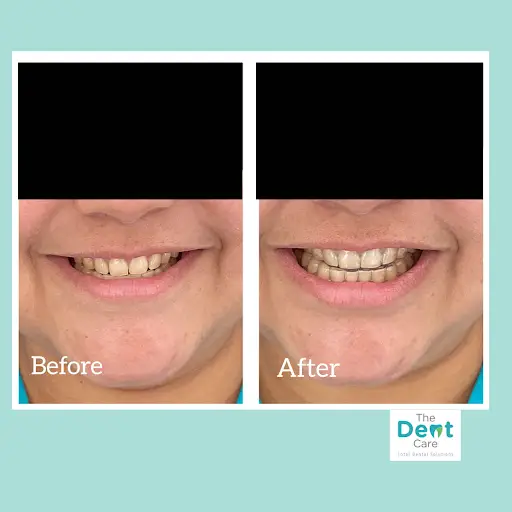Your gums play a key role in maintaining your overall oral health. While good oral hygiene can usually keep your gums healthy, certain advanced gum diseases might require surgery to prevent further damage. This often happens due to gum recession, which can expose tooth roots, causing sensitivity and even leading to tooth loss.
At The Dent Care Clinic , we specialize in a range of gum surgeries to help prevent tooth loss, treat bone loss, address gum recession, and more. Our experienced periodontist ensures that each procedure is performed with the highest level of care and precision to restore your gum health.
Spotting the early signs of gum disease is important for taking quick action and preventing further issues. Some common symptoms to watch out for include:

At The Dent Care Clinic, we offer comprehensive gum treatments to address a variety of gum conditions, aiming to restore and maintain your oral health. Our services include:
After gum surgery, it's important to follow your dentist's instructions to promote healing and ensure the best results. Here are some helpful guidelines to keep in mind during your recovery:

The duration depends on the complexity of the procedure, but it typically takes between 30 minutes and 1 hour.
After surgery, avoid hard foods, smoking, and vigorous activity for a few weeks to promote proper healing.
You can call our front desk at +919067935347 Mon – Sat 10am – 7pm
Email us at [email protected]
© 2024 All Rights Reserved By The Dent Care & Designed By Digital Tokri